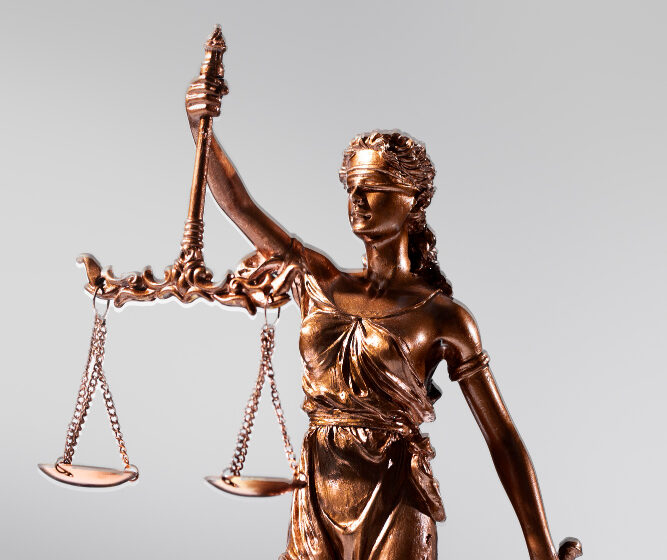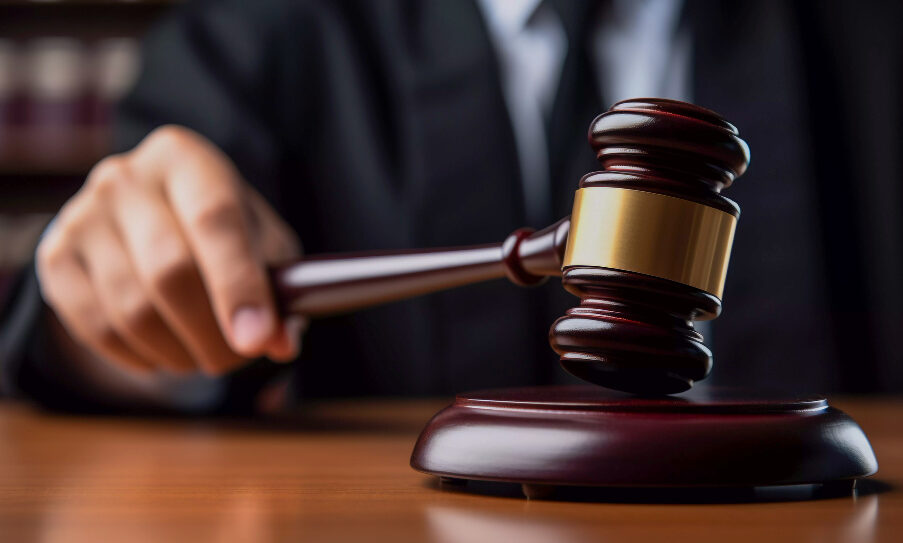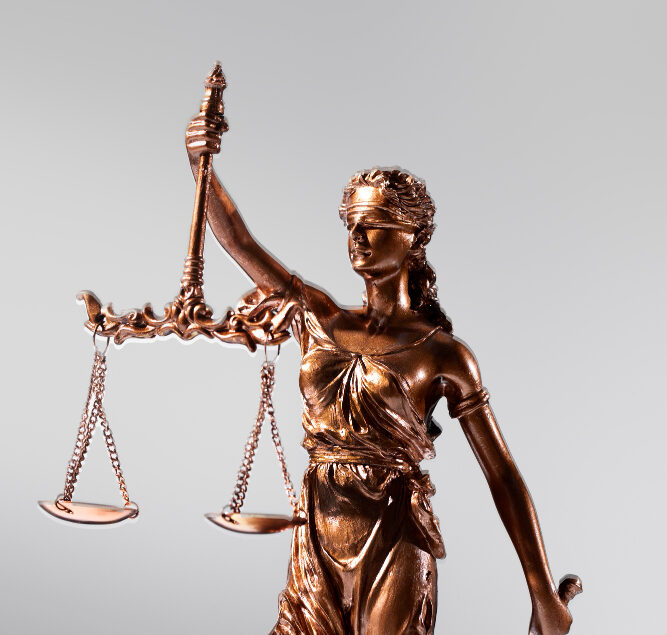Judicial factor appointed to protect clients after solicitor’s certificate withdrawn for account breaches
A solicitor in Cowdenbeath has been stripped of his ability to practise law after failing to meet crucial regulatory standards.
Gordon MacNeil, whose firm operated on the town’s High Street, has had his practising certificate withdrawn by the Law Society of Scotland following a breach of legal accounting rules. The firm, Gordon MacNeil Solicitors, has ceased trading, and a judicial factor has been appointed to manage the aftermath and safeguard the interests of affected clients.
The Law Society confirmed the sanction under section 40 of the Solicitors (Scotland) Act 1980, which permits the withdrawal of a certificate in cases of serious non-compliance.
A spokesperson said:
“We can confirm that Gordon MacNeil’s practising certificate has been withdrawn in relation to breaches of our accounts rules. A judicial factor has now been appointed to secure the interests of clients in relation to this firm.”
The Law Society of Scotland, the regulatory body for solicitors in the country, requires its members to comply with strict accounting, conduct, and professional development standards. These include the maintenance of client accounts, adherence to annual CPD requirements, and ongoing ethical fitness to practise law.
Embed from Getty ImagesAccording to the Society’s website, a practising certificate entitles solicitors to work in all areas of Scottish law. However, that entitlement is conditional upon full regulatory compliance.
The closure of Gordon MacNeil Solicitors marks the end of a long-standing legal practice in Cowdenbeath. While the Law Society did not detail the exact nature of the accounting breaches, the appointment of a judicial factor suggests serious concerns about client funds or case handling. A judicial factor, typically a senior solicitor or accountant, is brought in under court appointment to stabilise a firm’s operations and protect clients’ interests when a solicitor is no longer deemed fit to manage their own practice.
Local impact has yet to be fully assessed, but clients of the former firm are expected to be contacted by the judicial factor regarding the status of ongoing legal matters and client funds.
The case serves as a reminder of the high standards imposed on solicitors in Scotland. To practise law, a solicitor must pass a series of professional tests, maintain updated legal training through 20 hours of Continuing Professional Development annually, and uphold the rules and standards of professional conduct.
The Law Society’s statement reiterates that only those who meet these criteria and pass the necessary “fit and proper” tests are allowed to practise. The withdrawal of a practising certificate is a serious regulatory step, typically reserved for significant or repeated breaches.
While no criminal charges have been announced, regulatory breaches of this kind can lead to further investigations or civil proceedings depending on the findings of the judicial factor.
As of now, no comment has been made by Mr MacNeil, and it remains unclear whether he intends to appeal the Law Society’s decision or reapply for a certificate in the future.
The Law Society of Scotland continues to monitor regulated solicitors closely, particularly in smaller practices where oversight can be more challenging. This latest action reflects the Society’s commitment to client protection and professional integrity in the legal sector.





